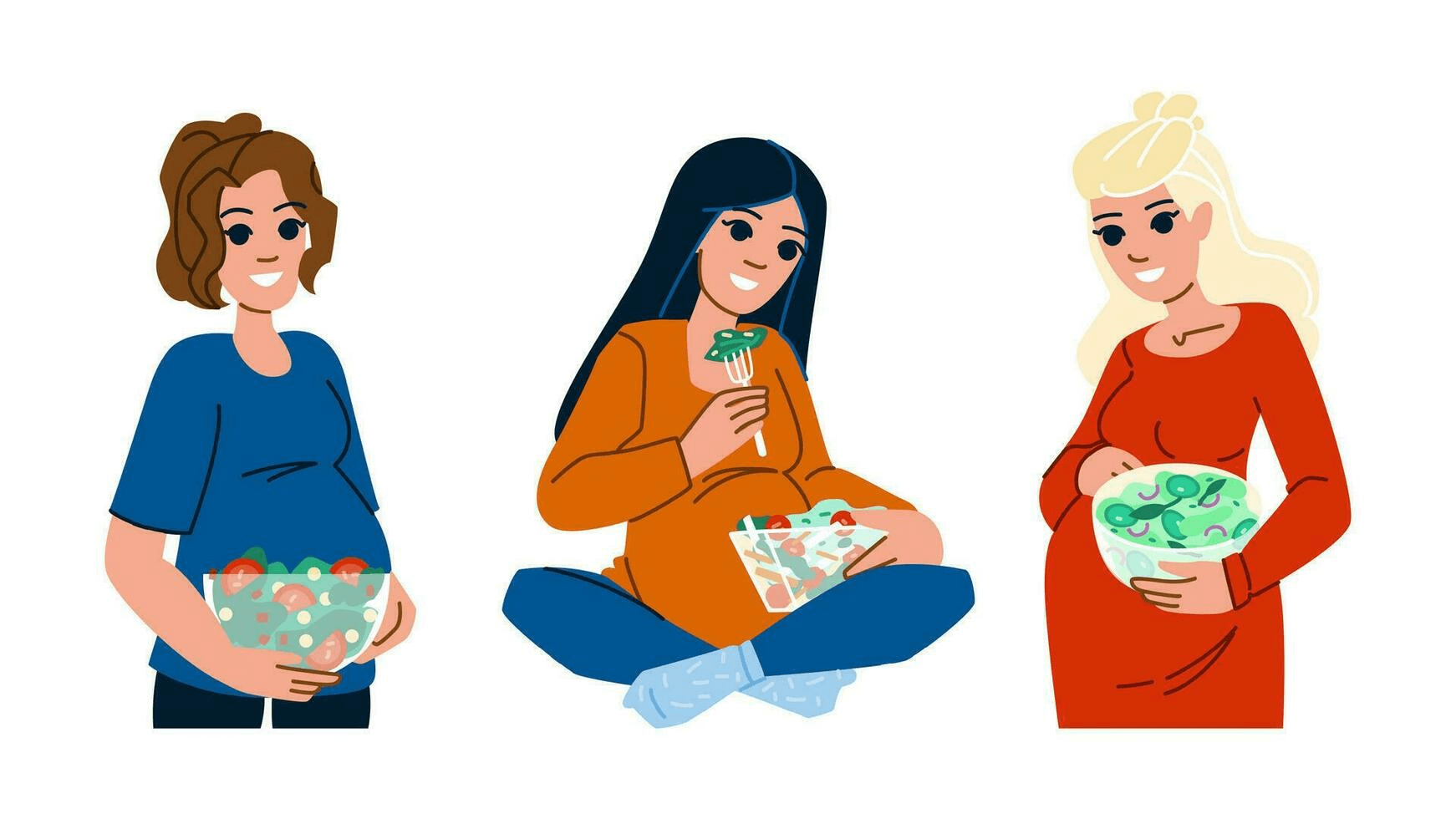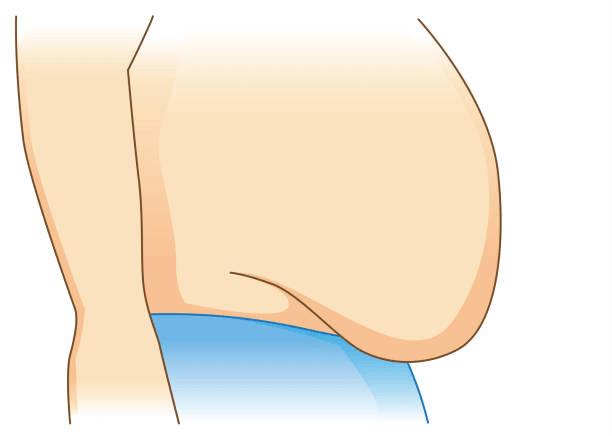Best Foods for Pregnancy Nutrition: A Guide for Expecting Mothers

During pregnancy, your body requires extra nutrients to support your growing baby and maintain your health. A healthy, balanced diet is essential, but it can be challenging to know exactly what to eat for the best results. From boosting your energy to providing key nutrients like folic acid and iron, making the right food choices can make a world of difference for both you and your baby.
Here’s a comprehensive look at the best foods to include in your pregnancy diet to ensure optimal nutrition for you and your baby.
Essential Nutrients for Pregnancy
Pregnancy requires a greater intake of certain nutrients to support your baby’s development. These key nutrients include:
- Folic Acid: Vital for preventing neural tube defects, which can affect the brain and spine. Leafy greens, fortified cereals, and beans are excellent sources.
- Iron: Important for producing extra blood for your baby and preventing anemia. Lean meats, spinach, and iron-fortified grains are good choices.
- Calcium: Essential for building your baby’s bones and teeth. You’ll find calcium in dairy products, fortified plant-based milks, and leafy greens.
- Protein: Helps in the development of your baby’s tissues and organs. Eggs, lean meats, fish, beans, and lentils are rich in protein.
These nutrients form the foundation of a healthy pregnancy, and incorporating foods rich in them into your daily meals is crucial for both you and your baby’s well-being.
Best Foods for Pregnancy Nutrition
- Leafy Greens and Vegetables Dark, leafy greens like spinach, kale, and broccoli are packed with essential vitamins and minerals, including folic acid, iron, and calcium. These vegetables provide fiber to help with digestion, which can be especially helpful if you’re dealing with constipation, a common pregnancy symptom.Include a variety of colorful vegetables in your diet, such as carrots, bell peppers, and sweet potatoes, to ensure you’re getting a broad range of nutrients.
- Protein-Rich Foods Protein is critical for your baby’s growth and development, especially during the second and third trimesters. Good sources of protein include:
- Eggs: A great source of high-quality protein and choline, which supports brain development.
- Lean Meats: Chicken, turkey, and lean beef are excellent protein sources, and they also provide iron.
- Beans and Lentils: Perfect for vegetarians, these plant-based proteins are rich in fiber and folic acid.
- Whole Grains Whole grains like oats, quinoa, and brown rice are excellent sources of fiber, which can help with digestion and prevent constipation. They also provide essential nutrients like B vitamins, which are important for your baby’s brain development.
- Healthy Fats Healthy fats, such as those found in avocados, nuts, and seeds, are important for your baby’s brain development. Omega-3 fatty acids, in particular, are crucial and can be found in fatty fish like salmon and in flaxseeds.Healthy fats also help keep you feeling full and satisfied, making it easier to avoid unhealthy snacking.
- Fruits Fruits like oranges, berries, and bananas provide essential vitamins, antioxidants, and fiber. They are a great source of vitamin C, which helps with iron absorption, and can boost your immune system during pregnancy.Try to include a variety of fresh fruits in your diet to get a range of nutrients. Berries, in particular, are packed with antioxidants, which protect your cells from damage.
Foods to Avoid During Pregnancy
While there are plenty of nutrient-rich foods you can enjoy during pregnancy, there are also certain foods you should avoid for the health and safety of you and your baby. These include:
- Raw or Undercooked Meat and Fish: These can contain harmful bacteria and parasites that may cause infection.
- Unpasteurized Dairy Products: These may carry the risk of foodborne illnesses like listeria.
- High-Mercury Fish: Certain fish, like swordfish and king mackerel, contain high levels of mercury, which can harm your baby’s developing nervous system.
Additionally, food aversions—sudden dislikes for certain foods—can be common during pregnancy, especially in the first trimester. Learn more about why food aversions happen and how to manage changes in your appetite in this article.
First Trimester Nutritional Needs
The first trimester can be particularly challenging when it comes to nutrition due to nausea and food aversions. However, even when you’re struggling with morning sickness, it’s important to ensure you’re getting enough nutrients to support early fetal development.
Here are a few tips to help you navigate first-trimester nutrition:
- Eat Small, Frequent Meals: Instead of large meals, opt for smaller, more frequent snacks that are easier to digest.
- Stay Hydrated: Drinking plenty of water is key, especially if you’re vomiting or feeling nauseous.
- Ginger and Crackers: These can help soothe nausea and are easy on the stomach.
For more tips on how to survive the first trimester, check out this guide.
Hydration During Pregnancy
Staying hydrated is just as important as eating the right foods during pregnancy. Water helps form amniotic fluid, aids digestion, and carries nutrients to your baby. Aim for 8-10 glasses of water a day. If you’re having trouble drinking plain water, try adding slices of lemon, cucumber, or mint for a refreshing twist.
Dehydration can increase the risk of complications like preterm labor, so make sure you’re getting enough fluids throughout the day.
Conclusion
Eating a balanced, nutrient-rich diet is one of the best things you can do for yourself and your baby during pregnancy. By focusing on foods rich in essential nutrients like folic acid, iron, calcium, and protein, you’ll be supporting your baby’s development and keeping your own body strong and healthy.
Remember that each pregnancy is unique, and you may need to adjust your diet based on your individual needs and any food aversions you experience. By staying informed and making healthy choices, you can ensure that both you and your baby thrive during this exciting time.






